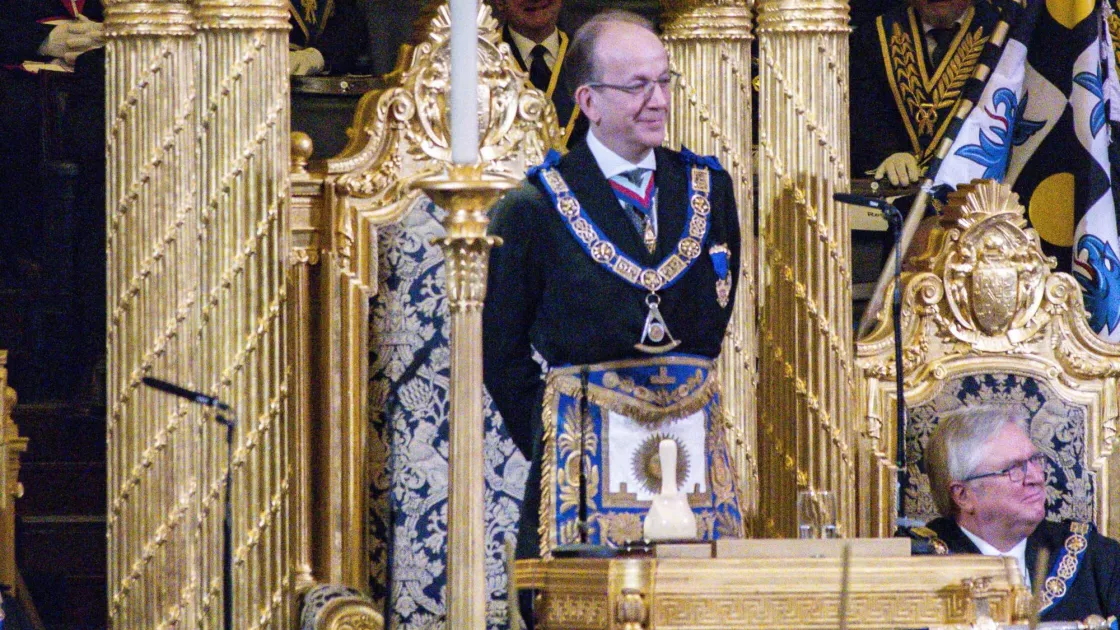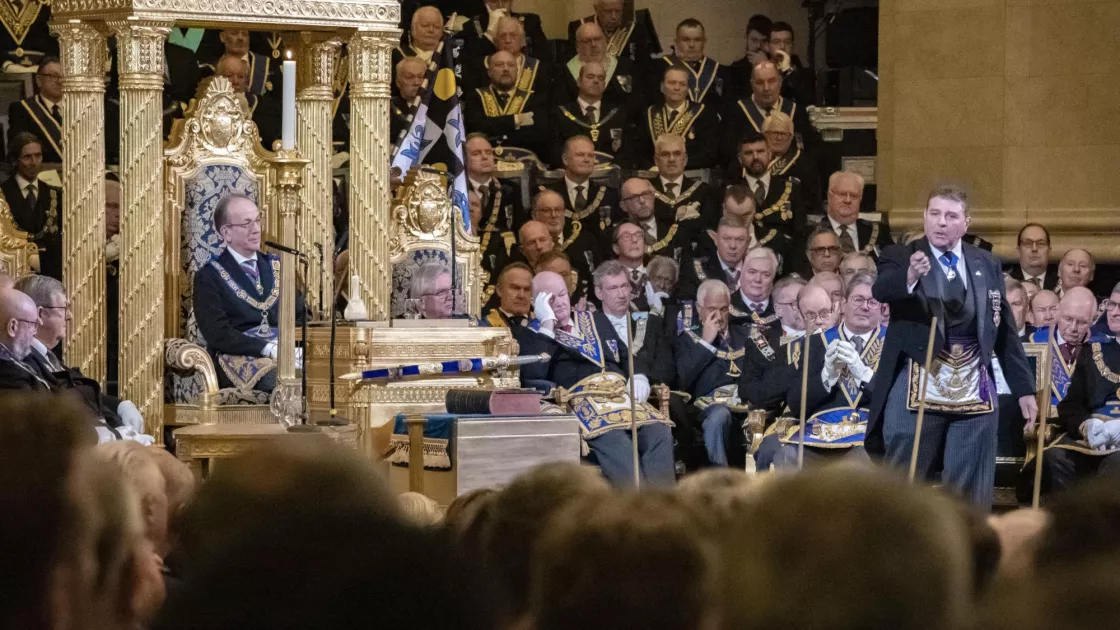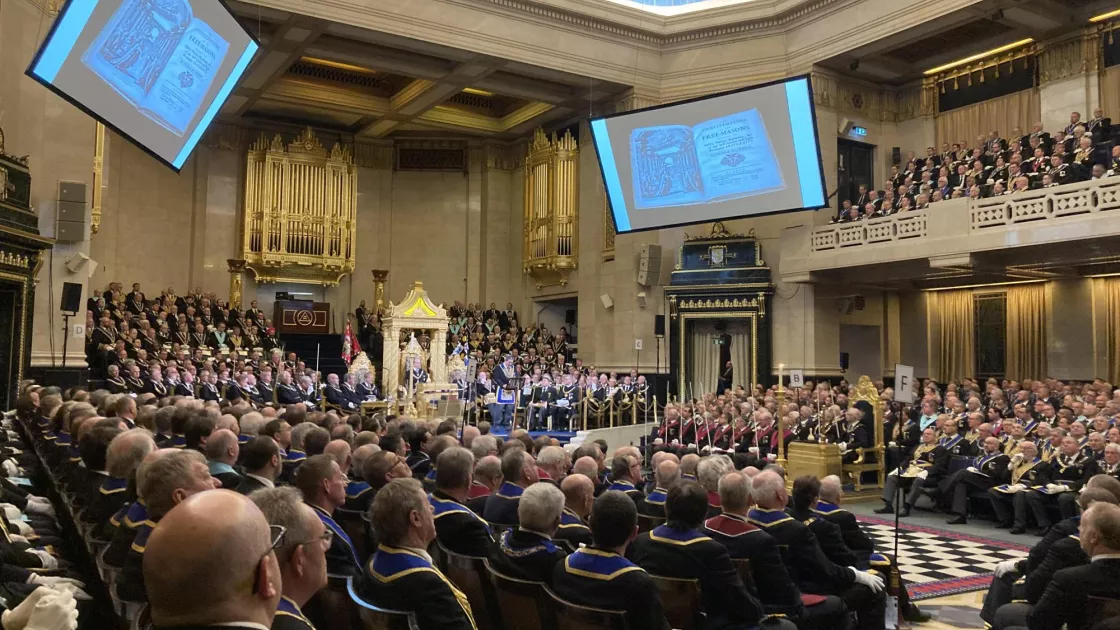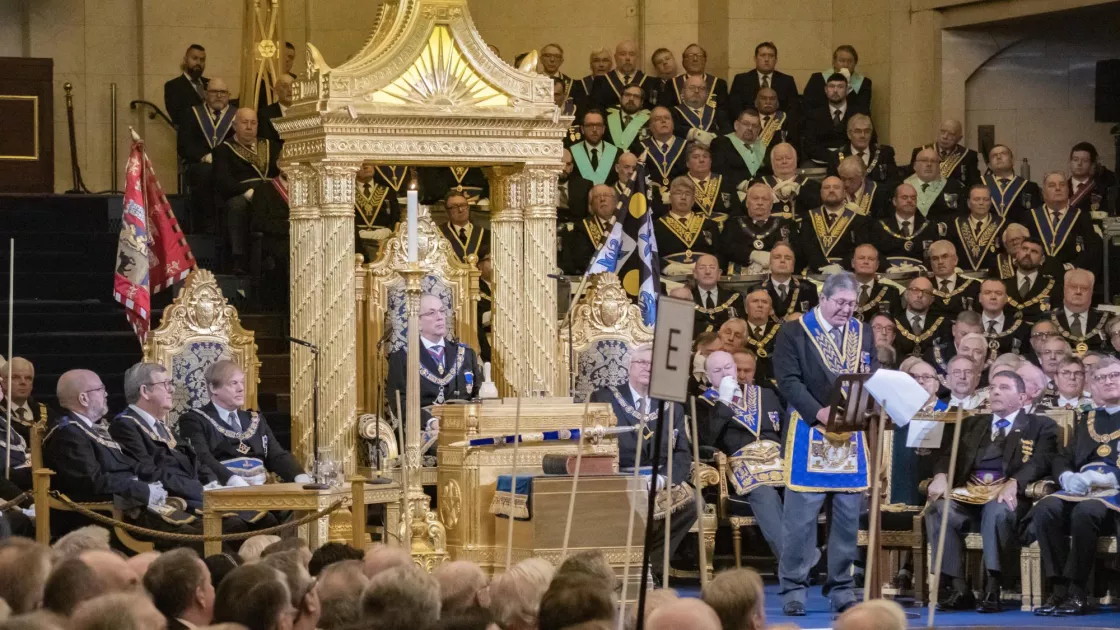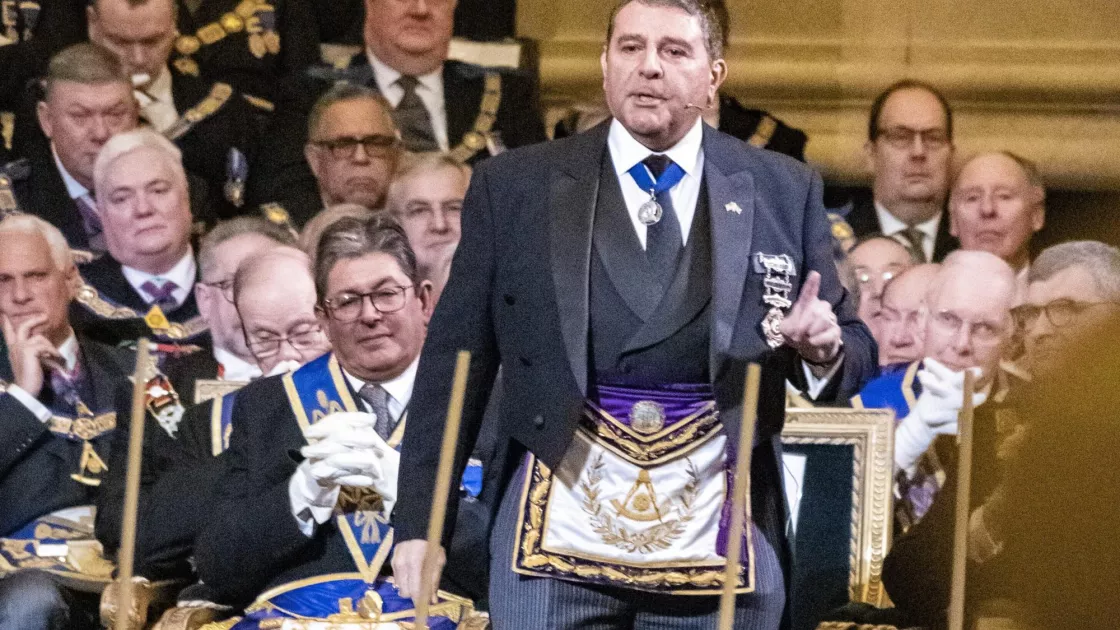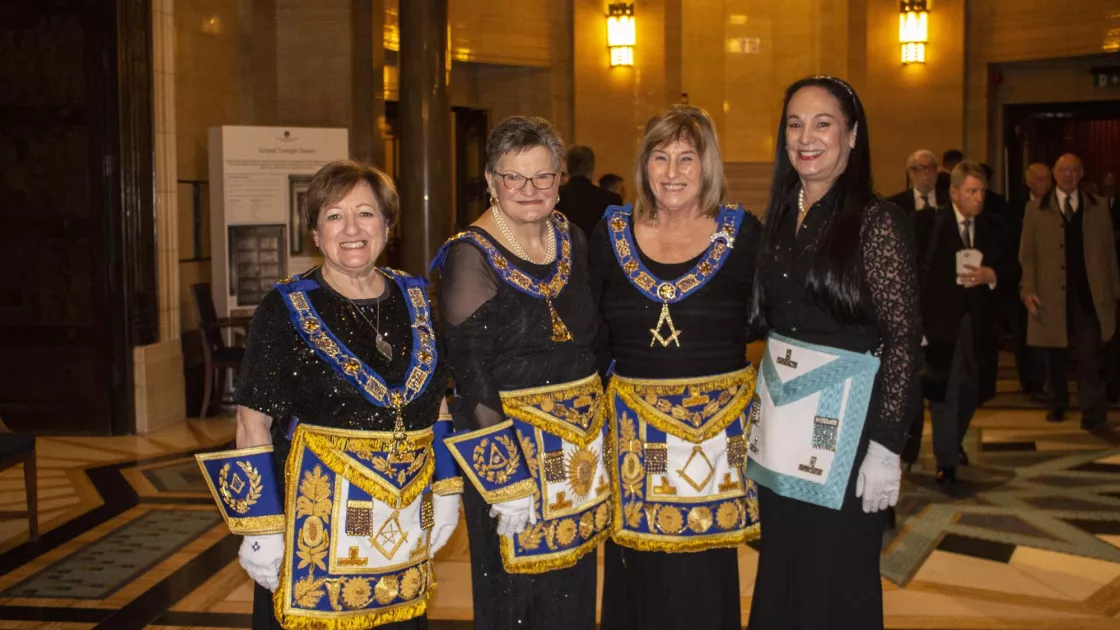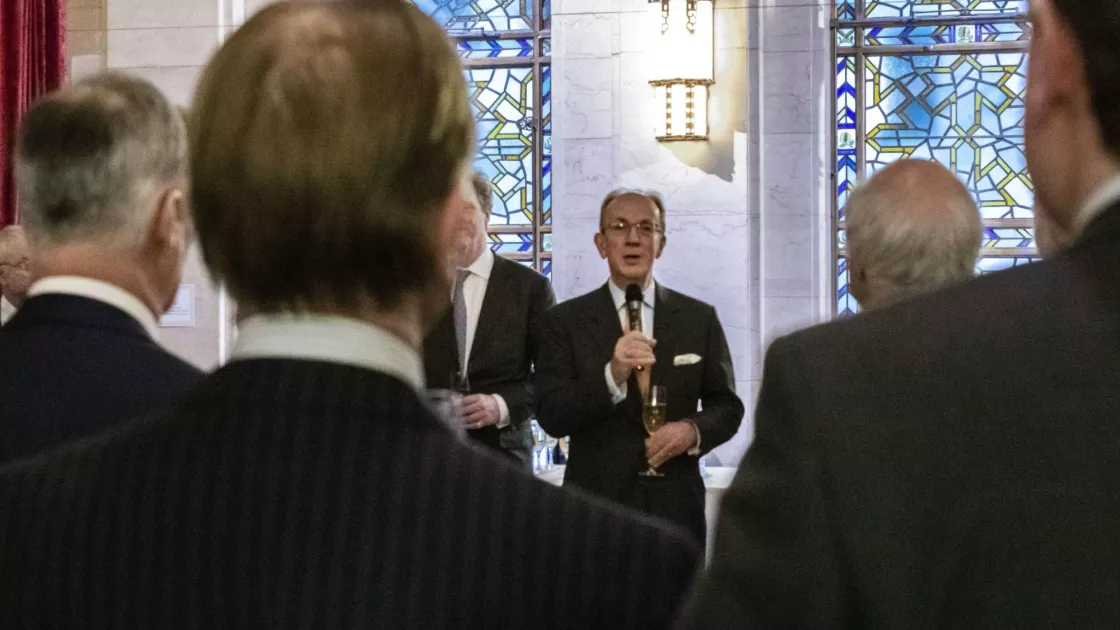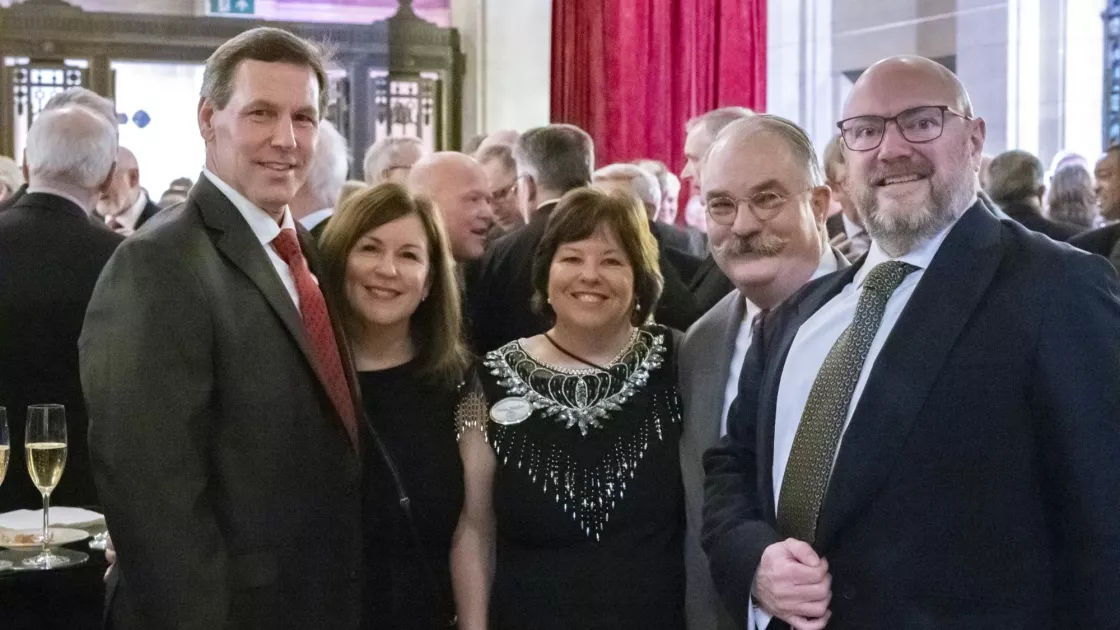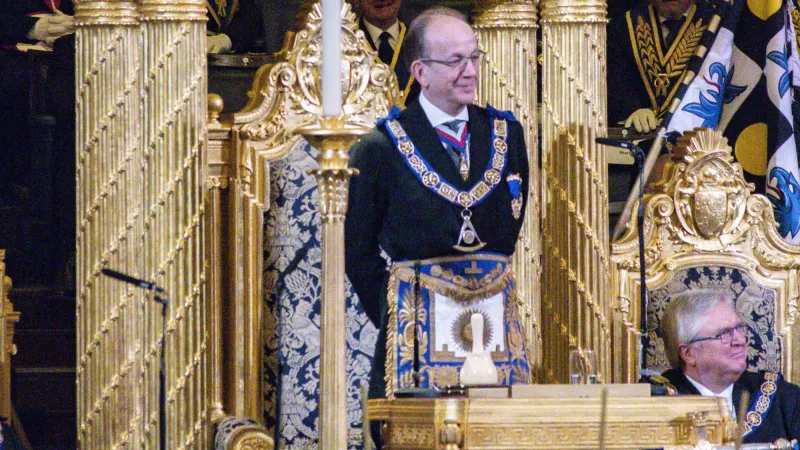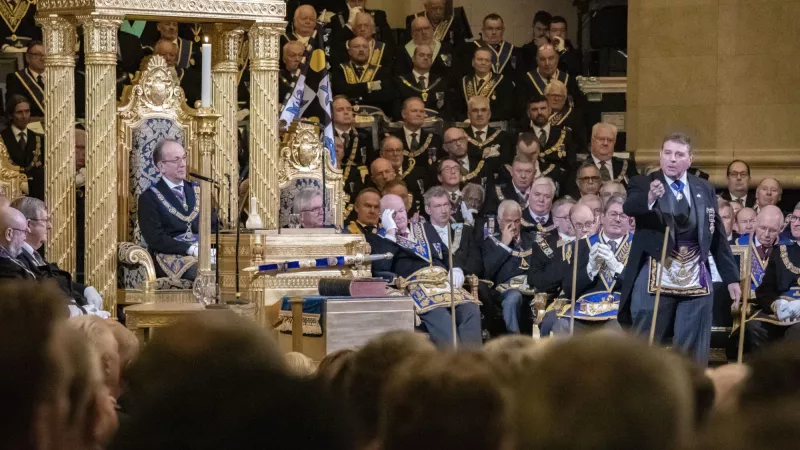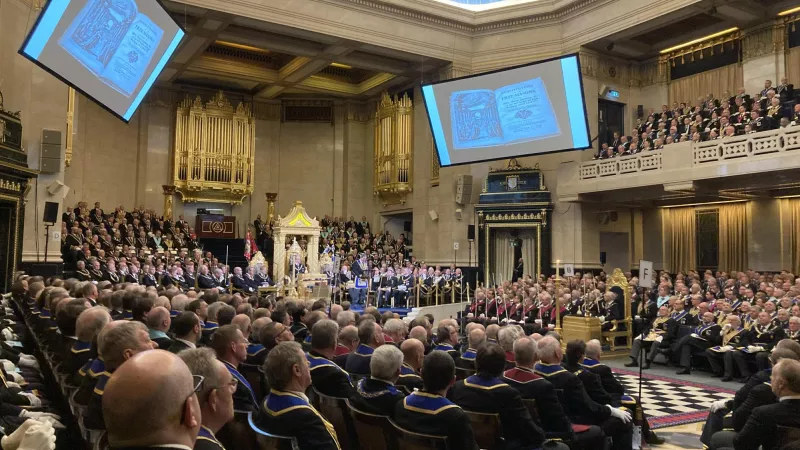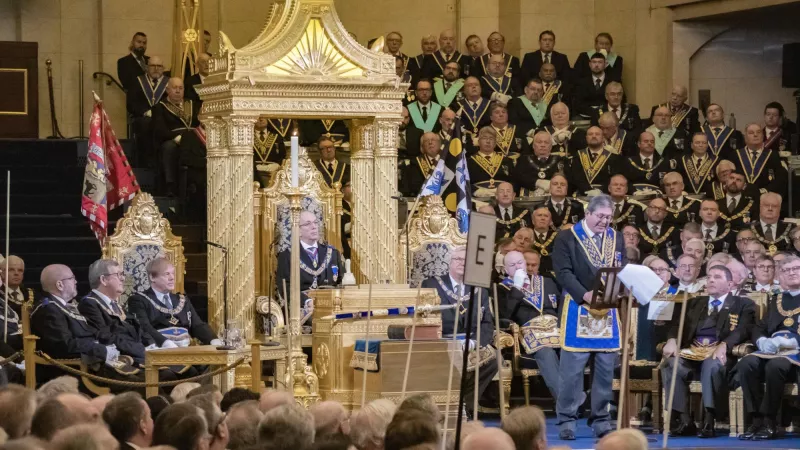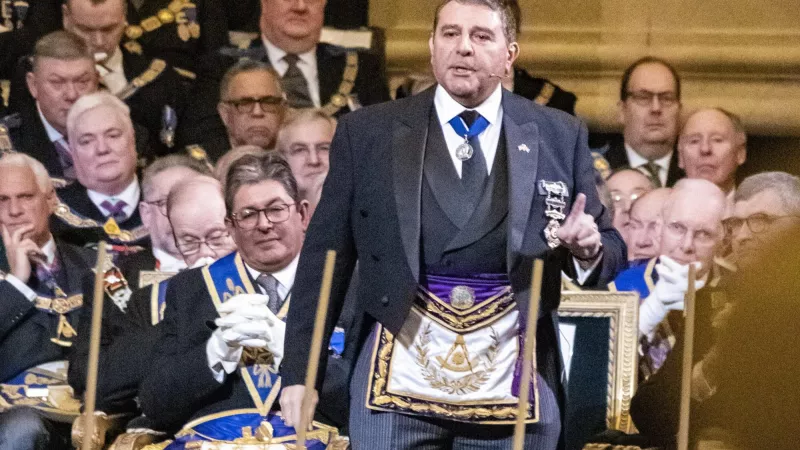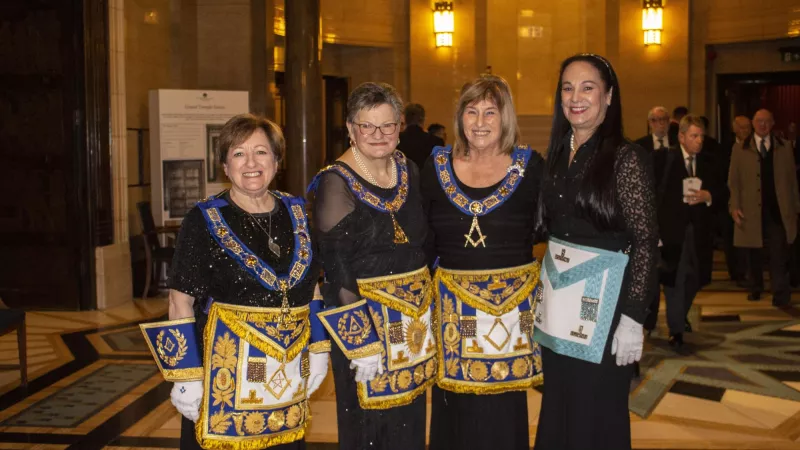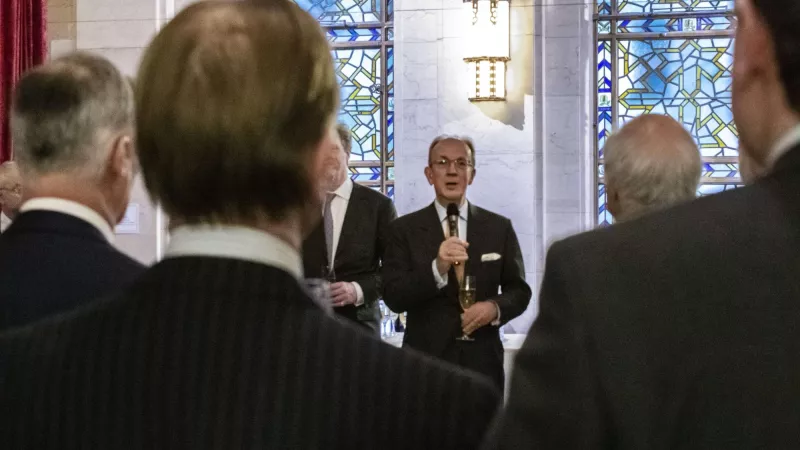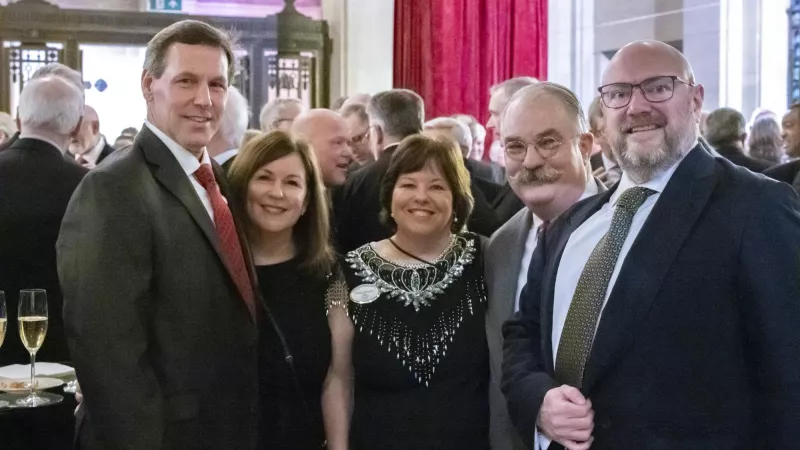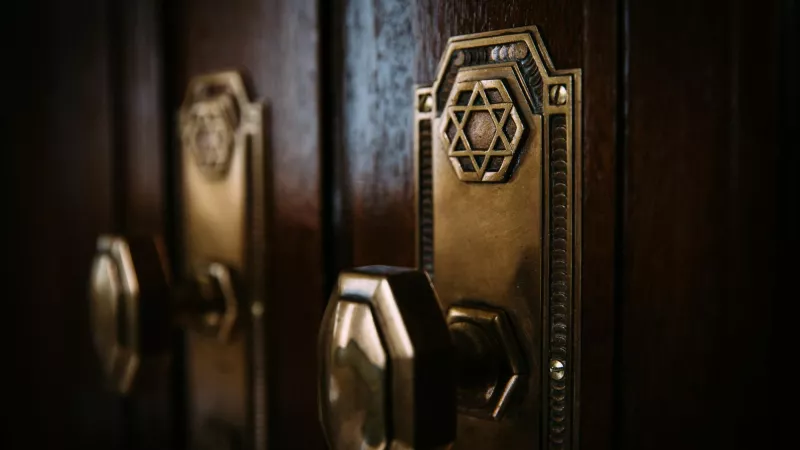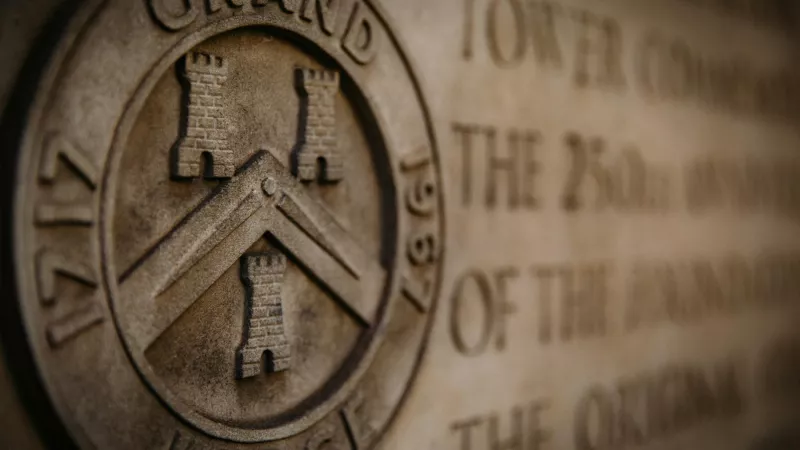1723 Constitutions
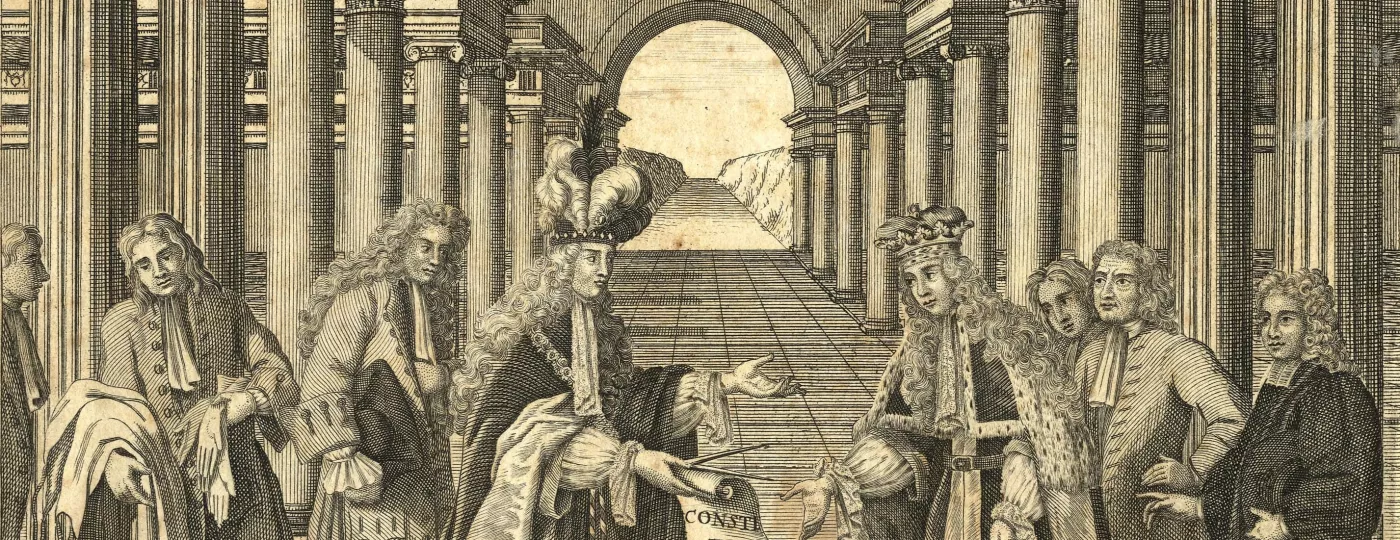
The Grand Lodge of England was established in 1717 and within a decade Freemasonry had grown to become the largest secular club or society in Britain. It remained so for the following centuries.
Freemasonry's appeal was based on many factors but perhaps one of the most important was the publication of the '1723 Constitutions'.
The Constitutions contained leading-edge Enlightenment principles including:
- religious tolerance, something wholly radical in a world characterised by religious conflict;
- meritocracy, at a time when birth and wealth determined success;
- high standards of interpersonal civility;
- scientific and artistic education; and
- societal and personal self-improvement.
The 1723 Constitutions also provided a legal framework for Freemasonry, and, over time, other clubs and societies in Britain and across the globe emulated Freemasonry's 'rulebook'. The practices introduced in the 1723 Constitutions included the election of Officers subject to democratic accountability, with one member wielding one vote; majority rule; orations by elected officials; a federal governance structure; and written constitutions.
The 1723 Constitution's overall ideology was based on equality, aspiration and merit.
Eminent historian Professor Margaret C. Jacob has commented that 'This identity did not prevent the lodges from being hierarchical and everywhere eager for aristocratic patronage, but it did ultimately tilt the lodges in the direction of being schools for government, inculcating principles for a more republican politics. It was a social atmosphere within which the new ideas of the age, religious toleration, scientific literacy, and intellect rather than birth as the criterion of excellence, could flourish'.
For more information visit the 1723Constitutions website
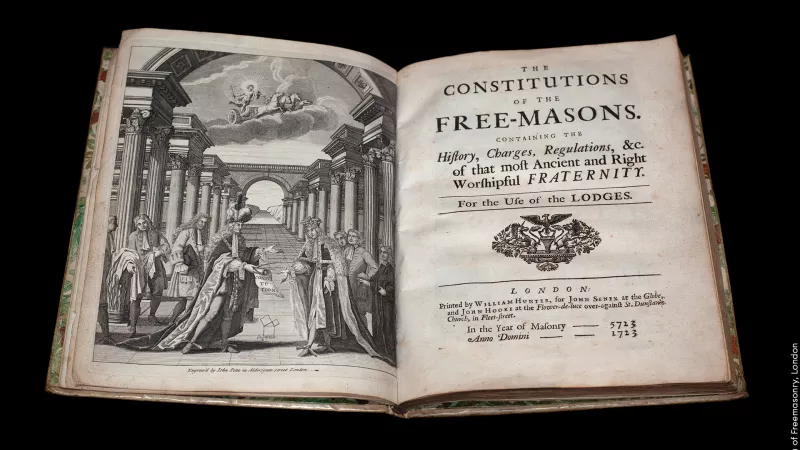
Events
The tercentenary of the publication of the 1723 Constitutions is being marked and celebrated with events in England, America, and Europe.
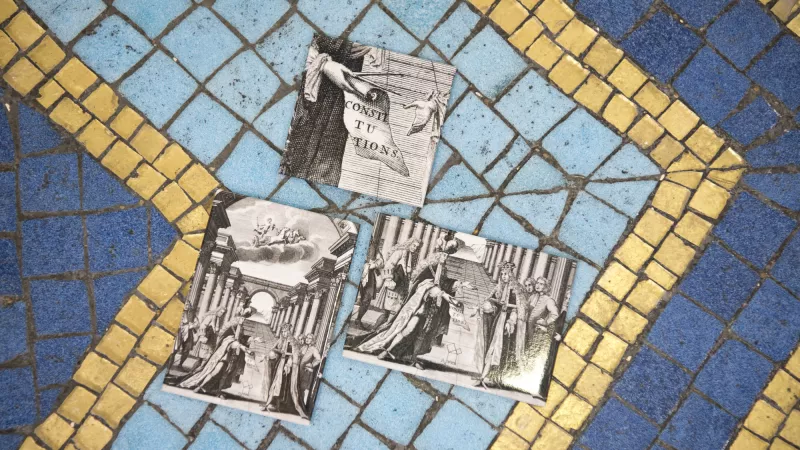
Shop at Freemasons' Hall Merchandise
Discover the vast range of exciting products to celebrate the Tercentenary of the 1723 Constitutions.
Especial Meeting at Grand Temple
More than 1,600 attended the Especial Meeting of Grand Lodge on 31 January, including Grand Masters and Representatives from American and European Grand Lodges, and the Grand Masters of the Order of Women Freemasons and HFAF – Freemasonry for Women.
1723 'Inventing the Future'
1723 Constitutions Podcast
Listen to our podcast dedicated to the tercentenary of the 1723 Constitutions.
Episode 2: The Huguenot Influence
Join Freemasonry today
Locate your local lodge where you live, work or study.
International lookup by area
